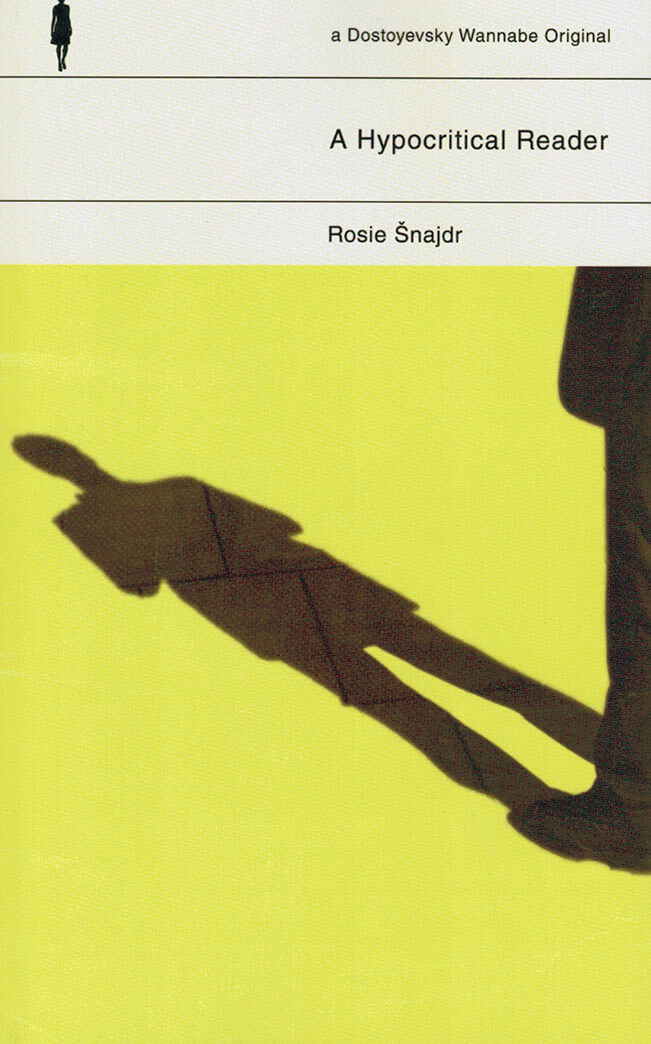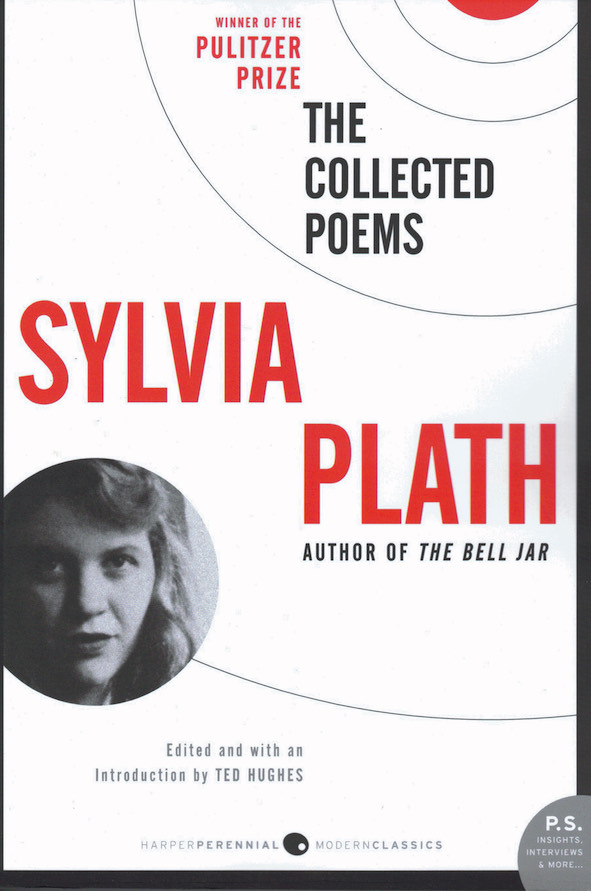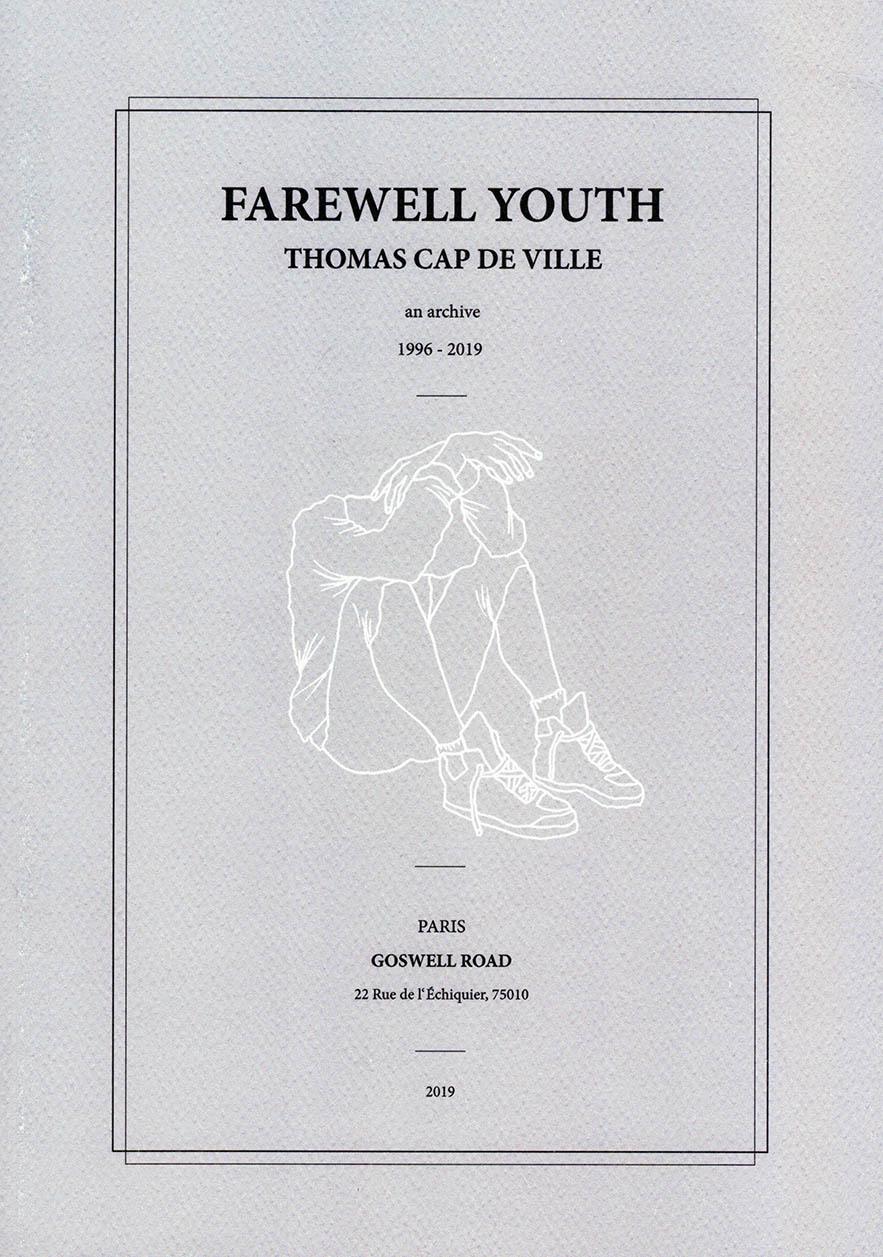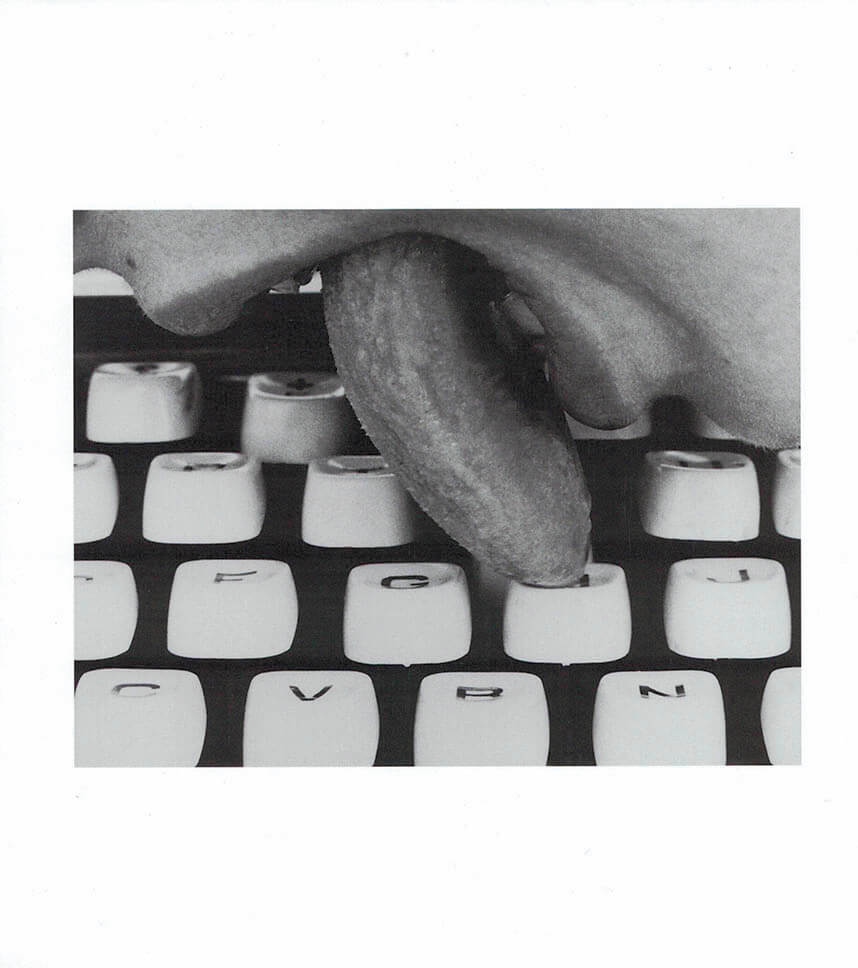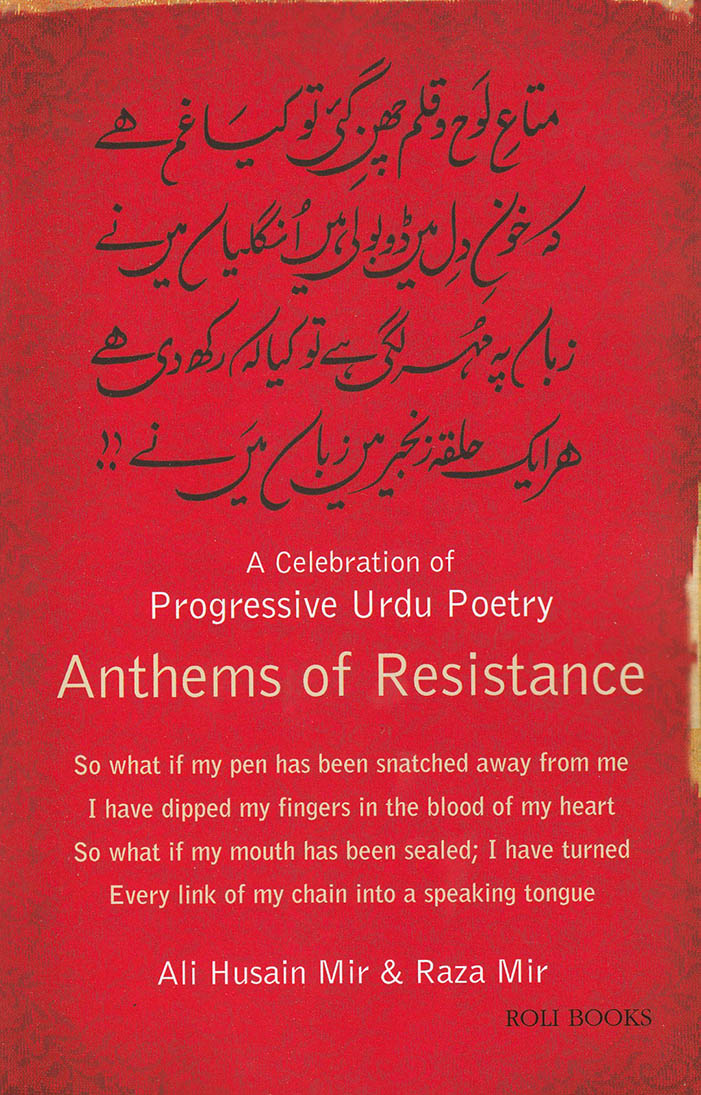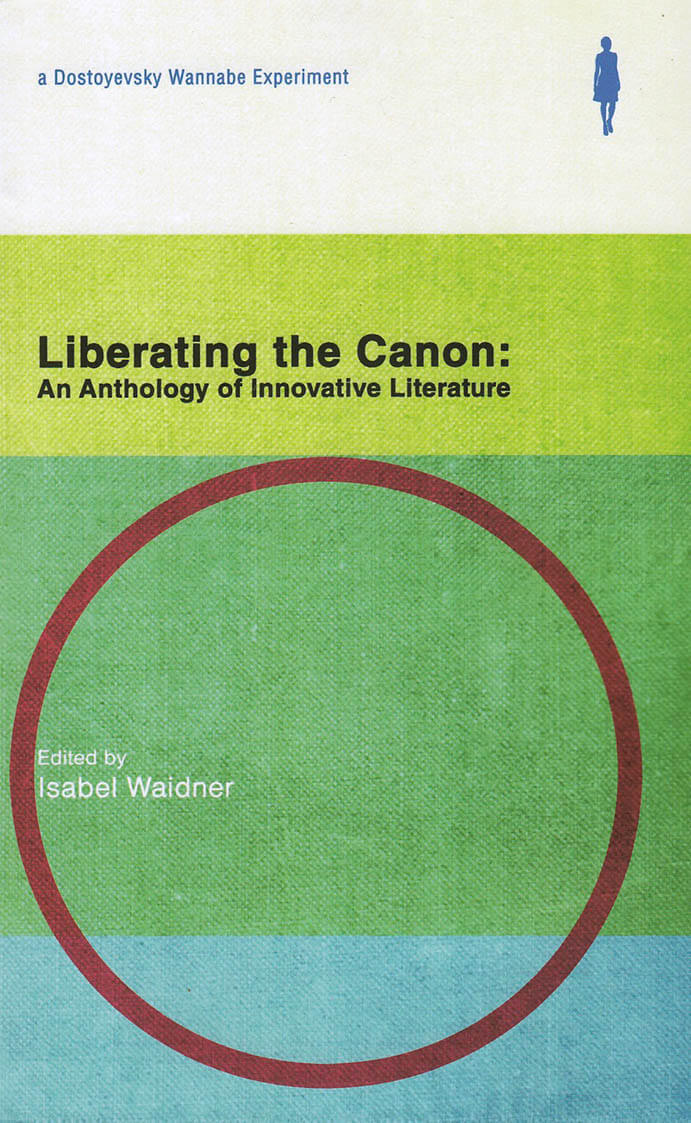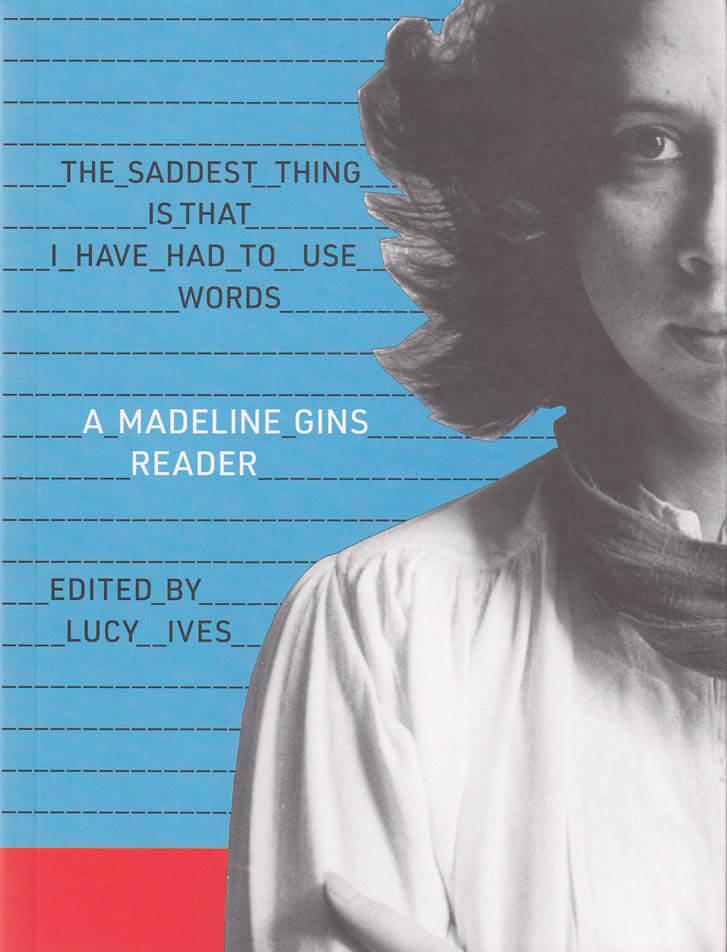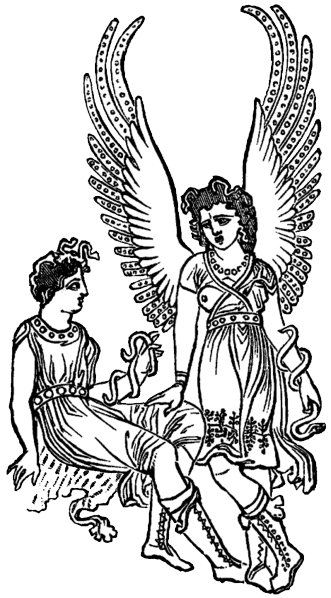RANDY is a 300-plus page full color anthology of RANDY zines spanning 2010-2013. Initiated by artist A.K. Burns and publisher Sophie Mörner, RANDY was a fearless celebration of queer/feminist arts.
Contains over 100 interviews, conversations and projects including work by:
niv Acosta, Jess Arndt, Meriem Bennani, Sadie Benning, Elizabeth Bethea, Ramdasha Bikceem, Cass Bird, Dana Bishop-Root, Pauline Boudry, boychild, Kathe Burkhart, Nao Bustamante, Jibz Cameron, Silvia Casalino, Christelle de Castro, Leidy Churchman, Jon Davies, Hayden Dunham, Celeste Dupuy-Spencer, Nicole Eisenman, Edie Fake, Corrine Fitzpatrick, Daphne Fitzpatrick, Shannon Funchess, Mariah Garnett, Luke Gilford, Julia Gillard, Jules Gimbrone, Reina Gossett, Goodyn Green, Gordon Hall, Harmony Hammond, Onya Hogan-Finlay, Emily Hope, Katherine Hubbard, Amber Ibarreche, Mariana Juliano, Stanya Kahn, Sarah Forbes Keough, Pozsi B Kolor, Adam Krause, Lisa Lenarz, Katerina Llanes, Amos Mac, Lee Maida, India Salvor Menuez, Lessa Millet, MPA, Ulrike Müller, Sheila Pepe, Litia Perta, Cassie Peterson, Isaac Preiss, R.H Quaytman, Jen Rosenblit, Colin Self, Mel Shimkovitz, Amy Sillman, Tuesday Smillie, Jazmin Venus Soto, Matthew Stone, Ginger Brooks Takahashi, Lanka Tattersall, Wu Tsang, Scott Valentine, Leilah Weinraub, Hanna Wilde, Martha Wilson, Io Tillett Wright, Geo Wyeth, Yes! Association/Föreningen Ja!






